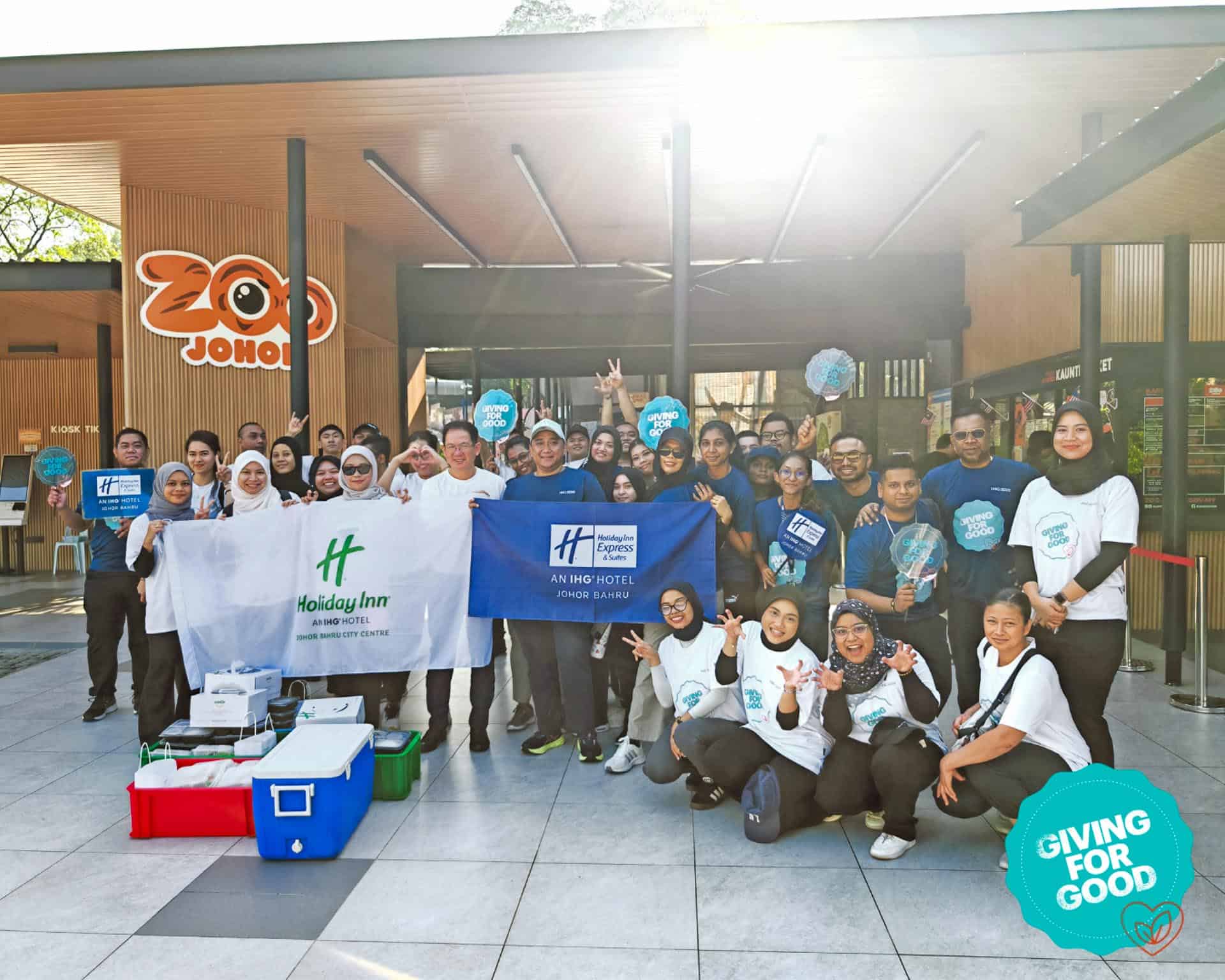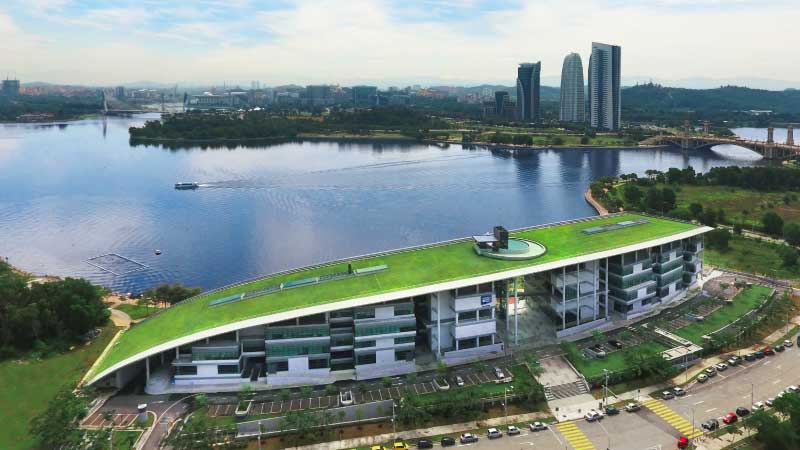

Putrajaya, 18 September 2024 — As we approach the eagerly awaited announcement of the Federal Government’s Budget for 2025 on 18 October 2024, Heriot-Watt University Malaysia is pleased to articulate its vision for the Budget 2025.
This vision prioritises an ambitious agenda for advancing higher education, research, and innovation in the nation.
In the Budget 2024, higher education received an allocation of RM16.3 billion, which is an increase from the previous year’s allocation of RM15.3 billion. While this is commendable, there is scope for further improvement given the current global economic landscape.
Therefore, Budget 2025 must reflect a more substantial financial commitment to higher education to support Malaysia’s transition to a high-income economy through sustainable and digital development. Such investment creates a positive cycle of economic benefits by enhancing human capital, driving productivity and competitiveness, attracting foreign investments, supporting economic diversification, and promoting social equity, all of which collectively contribute to robust and sustainable growth in Malaysia’s Gross Domestic Product.
In addition, a well-funded higher education system is essential to achieving the nation’s goal of establishing Malaysia as a globally recognised educational hub. This will help us attract more international students and compete effectively on the global stage.
Heriot-Watt University Malaysia’s Vision for the Budget 2025 encapsulates the following strategic imperatives:
1. Incentives to welcome more international students to Malaysia for Tertiary Education: In order to solidify Malaysia’s position as a global tertiary education hub and nurture globally competitive, highly skilled individuals, there should be incentives provided to both public and private HEIs in Malaysia to attract and enroll more international students. This initiative will also have a positive impact on the country’s GDP.
2. Government funding allocated for research: Research and innovation are crucial to nation-building. Without them, we would not be able to make the significant advancements that have improved our lives and contributed to the betterment of society. Heriot-Watt University Malaysia advocates for funding specifically designated for research and blue-sky thinking to encourage fresh thinking and new ideas that can drive development.
3. Greater use of technology in education: Incorporating digital learning tools can help prepare Malaysian students for a technology-driven future. These tools will also reduce the burden on lecturers, freeing them to focus their efforts on several other important areas, such as connecting better with their students, managing assessments more efficiently, and offering a more personalised learning experience.
4. Making education more inclusive: Funds should be allocated to enhance HEIs in Malaysia to make education more inclusive and to nurture the neurodiverse population. This will ensure that students with disabilities will have equal opportunities for socialisation and access to academic progress equal to their neurotypical peers.
5. Driving quality and recognition: The quality of education varies significantly between institutions. While some Malaysian universities are gaining international recognition, the majority still struggle to achieve global rankings. This can affect the employability of graduates on the international stage and reduce the country’s attractiveness as a destination for international students. It is important to establish a unified approach and benchmarks for the quality of education offered, along with providing incentives to encourage universities to secure global rankings.
6. Allocation to encourage STEM amongst students: The adoption of Science, Technology, Engineering, and Mathematics (STEM) drives economic growth through technological advancements and directly contributes to economic advantages. HEIs should be incentivised to promote the adoption of STEM among their students. Students who demonstrate exceptional achievements should be recognised and rewarded by the government, which, in turn, will encourage others to consider STEM as a field of study.
7. Make Malaysia a centre of excellence for learning, teaching, and research in AI: Artificial Intelligence (AI) is already transforming the global economy in complex ways, and it is imperative that the Malaysian government develops an extensive strategy to fully utilise AI. This strategy should include initiatives that support innovation, finance AI infrastructure, and encourage cooperation between the government, commercial sectors, and academia.
8. Leadership skills training: An increasing number of multinational corporations are opting to establish a presence in Malaysia, attracting foreign investments. As a result, there will be job creation and a demand for leaders who can tackle future challenges and thrive in a competitive marketplace. The government should implement initiatives to develop and sustain a strong talent pool, bolster the knowledge economy, and propel the nation forward.
Heriot-Watt University Malaysia maintains an unwavering belief that investments in these strategic domains will empower HEIs in Malaysia and leave an enduring positive imprint on Malaysia’s higher education landscape, economic prosperity, and societal well-being.

Professor Mushtak Al-Atabi
Provost and Chief Executive Officer
Heriot-Watt University Malaysia